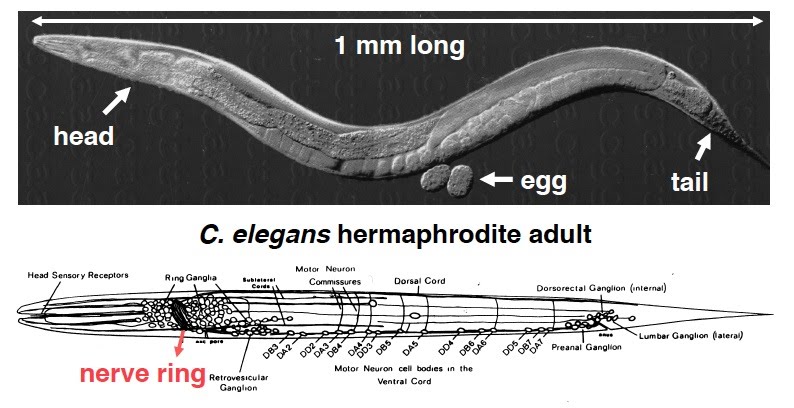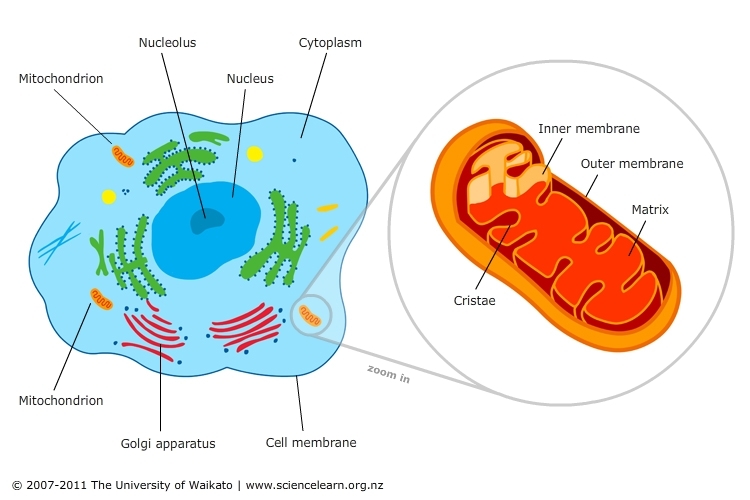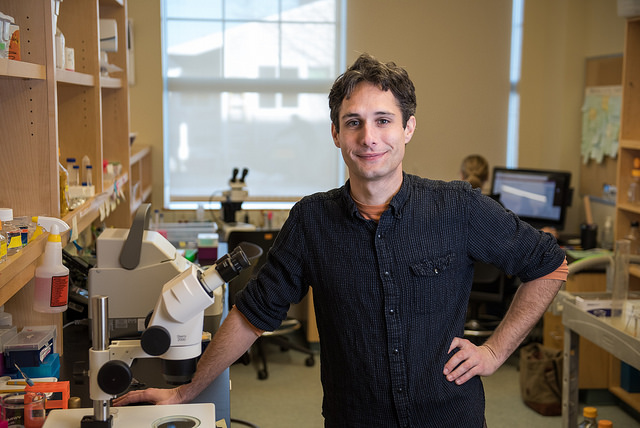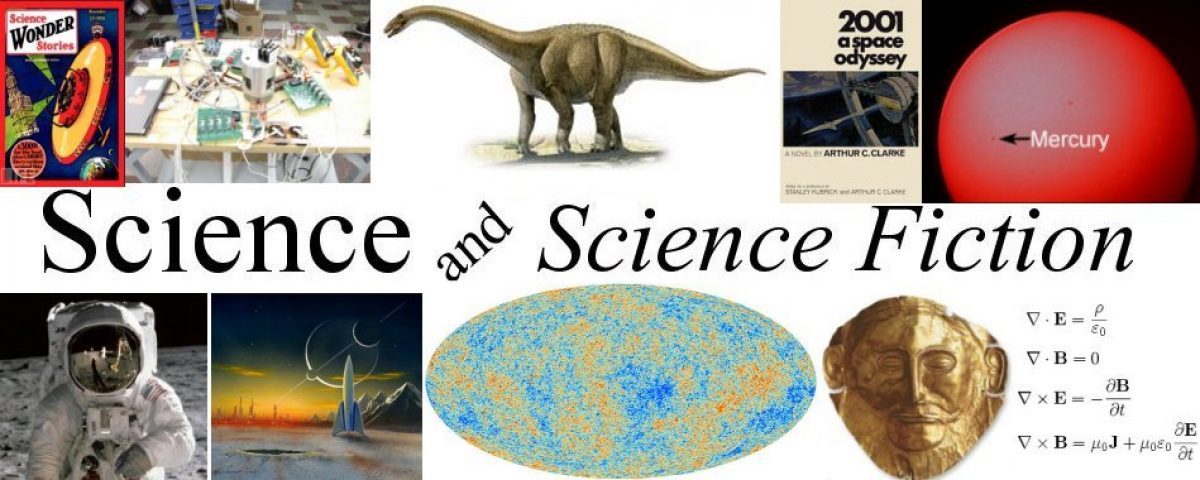Ever wanted to live forever? O’k maybe that’s a bit too much but how does living five times as long sound? Interested? Who wouldn’t be?
Throughout history we humans have searched for ways to extend our lifespans. We’ve tried various potions, prayers and exercise regiments without any success. The medieval alchemists actually believed that the same process that could turn lead to gold, called the Philosopher’s stone by them, would make humans immortal. I’ve never been able to figure that one out.

All of which begs the question, why do we age anyway? As children the cells of our body reproduce at a rate that actually causes us to grow, in fact some animals never stop growing no matter how old they get. Then during our twenties our cells reproduce at a rate that replaces lost cells, so that we neither grow nor decay. As we enter middle age however the reproduction of our cells drops off, our bodies don’t replace them as fast as needed, we age. So the question then becomes, what is happening inside our cells that causes the process of aging?

It’s only been within the last few decades however that we have learned any of the details of aging at the cellular level. Surprisingly enough much of the research into the causes of aging has been conducted using a primitive nematode worm called Caenorhabditis elegans. Geneticists have several reasons for using C elegans as their test subject. First of all we share many of the genes that regulate metabolism within our cells with C elegans. Also the lifespan of C elegans is so short, only about a month, that it allows geneticists to quickly determine the results of their experiments.

Using C elegans what biologists have discovered is that much of the process that we call aging comes from a failure of the cell’s mitochondria to properly regulate their energy production. The mitochondria within the cells of our bodies are the powerhouse of cell metabolism, breaking down sugars and fats to release their energy. In fact mitochondria are so complex that they are almost cells with cells, even having their own DNA.

Now researchers Jarod A. Rollins at the Mount Desert Island Biological Laboratory in Bar Harbour Maine and Jianfeng Lan at Nanjing University in China have achieved some startling results in extending the lifespan of C elegans through two mutations affecting the stress response within the mitochondria. The first mutation boosts the efficiency of the Insulin Signaling (IIS) pathway and by itself has been shown to increase the life span of C elegans by 100%. The second mutation affects the TOR pathway and increases the lifespan of C elegans by 30%.

Now you’re probably guessing that a double mutation that alters both pathways would increase the lifespan by 130% or so, which would still be a major result. You’d be wrong however, biological systems don’t work in such a nice linear fashion. In fact when the researchers performed the experiment they found that the lifespans of their test subjects were increased by 500%, the equivalent of a human being living to 400-500 years! Such a reaction to a combination of changes is technically known as a synergistic interaction, where a combination of therapies produces a far greater result then any single therapy.
The best news is that, since both of these pathways are also inside our mitochondria it could be possible to develop drugs that that can produce the same results inside our cells. Such drugs and other therapies are now under development and animal trials could begin soon. While it is not expected that these drugs, even in combination, will extend human lifespan by 500%, humans are a much more complex organism than a nematode worm after all, it is hoped that these therapies could help us live a healthier, more vigorous life much longer.

Think of that for just a moment, not just more people living into their 80s, 90s and beyond but people in their 80s or 90s running marathons, people in their 100s who are still physically and mentally healthy. All this could be possible by proper regulation of the mitochondria in our cells.
